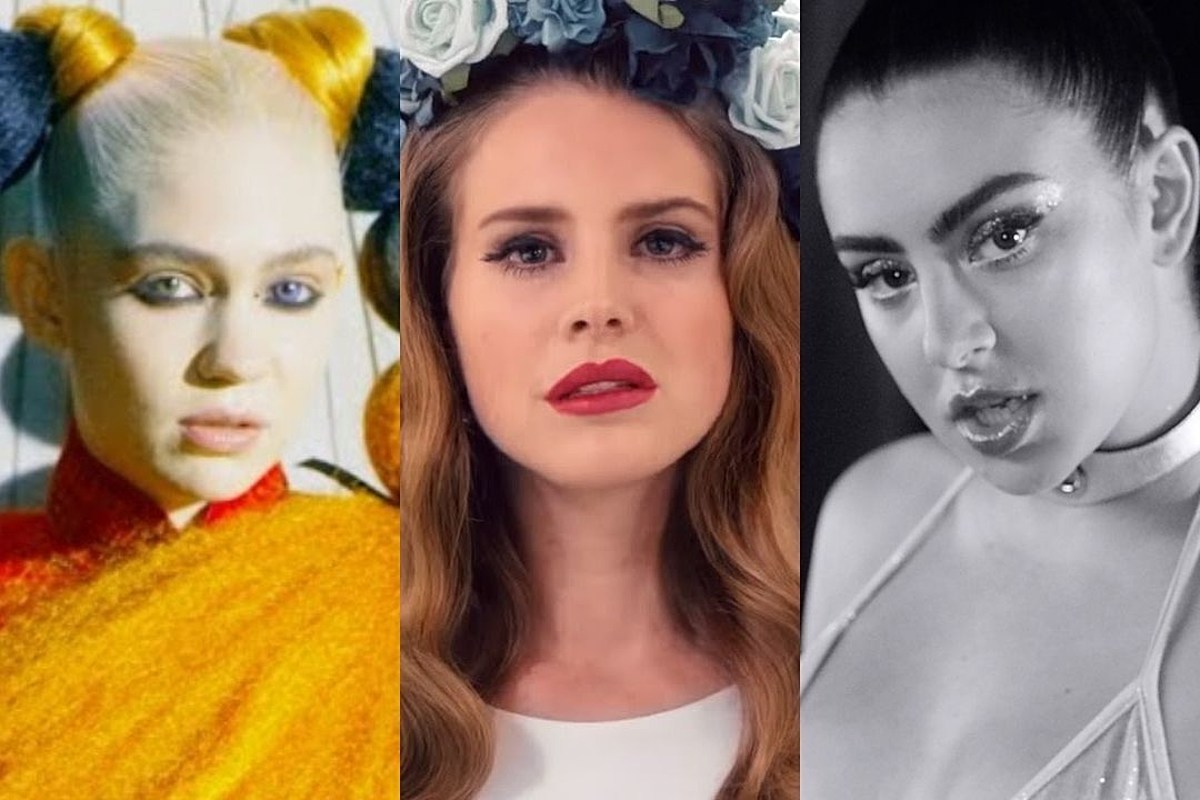Pitchfork would like a do-over on several previously published album reviews.
Music fans across the world know that their own perception of an album can change based on the day. Sometimes a beloved release from a favored artist loses meaning over time. In other situations, you give an overlooked body of work a closer listen and discover a hidden gem.
Pitchfork would seemingly agree. Renowned for writing intense and, let’s be honest, at times pretentious, reviews, the publication reflected on their archive and found 19 albums that they would like to re-score.
“The truth is we are always litigating how we feel about a piece of music, revising opinions based on context, culture, who we’ve become, who we once were,” the publication explained. “We can’t change what we said, but we are almost always changing how we feel about it in ways both small and large.”
Although the changes will not be reflected on previously published reviews, it is interesting to see what albums Pitchfork’s current staff of writers believe were unfairly or incorrectly reviewed.
So, which artists and albums made the list?
Let’s start with Lana Del Rey’s Born To Die. The LP arrived in 2012 as the hit-maker dominated Tumblr culture. However, it was only scored a 5.5 out of 10. An updated review re-scores it at a much more deserved 7.8.
The album is not without faults, but Pitchfork wrote that “Born to Die turned out to be a sign of things to come” from the then-budding star. “Like genre-agnostic pop ballads with hip-hop beats, and the arch, depressive languor that’s more mainstream than ever.”
Interestingly, Pitchfork also proposed re-scoring Charli XCX’s 2016 Vroom Vroom to a 7.8. The project was previously awarded an (undeserved) 4.5.
“To a certain, very melodramatic, very online type of Twitter user, there was nothing more homophobic than our humble publication giving a 4.5 to Charli XCX’s Vroom Vroom EP,” they noted. Fair enough.
They commented on the tenuous status of PC Music at the time but recognized now that the collection, crafted with SOPHIE, is actually “pretty fun.”
It’s worth noting that not every album on the list was awarded a higher score upon reflection.
For instance, Grimes’ 2020 album Miss Anthropocene was reduced from an 8.2 to a 6.9. Pitchfork dinged the forward-thinking artist for sounding “like a carbon copy of herself—faded and less defined.” They also wondered if euphoria from her previous album Art Angels positively impacted the original review.
Daft Punk landed on the list twice. 2001’s Discovery was upped from a 6.4 to a 10. In comparison, 2013’s Random Access Memories was lowered from an 8.8 to a 6.8.
“RAM has some jams, but it doesn’t feel pivotal in the same way that Discovery did,” Pitchfork wrote. “It didn’t push pop music forward.”
Which album was awarded the largest change? That honor goes to Liz Phair’s self-titled 2003 offering. It was originally scored at an abysmal 0 points and was retroactively updated to a 6.
The publication also noted that Matt LeMay, the journalist responsible for the pan, apologized on Twitter in 2019. He referred to the review as “condescending and cringey.” Shout out to him for being able to recognize mistakes.
Who else landed on the list? Prince with Musicology (upped from a 5.8 to a 7.8), Big Boi with Sir Luscious Left Foot: The Son of Chico Dusty (dropped from 9.2 to 7.7) and Regina Spektor with Begin To Hope (upped from a 7.5 to an 8.5) also deserve mention.
Check out the rest of the list here to see if your favorites got called out.


